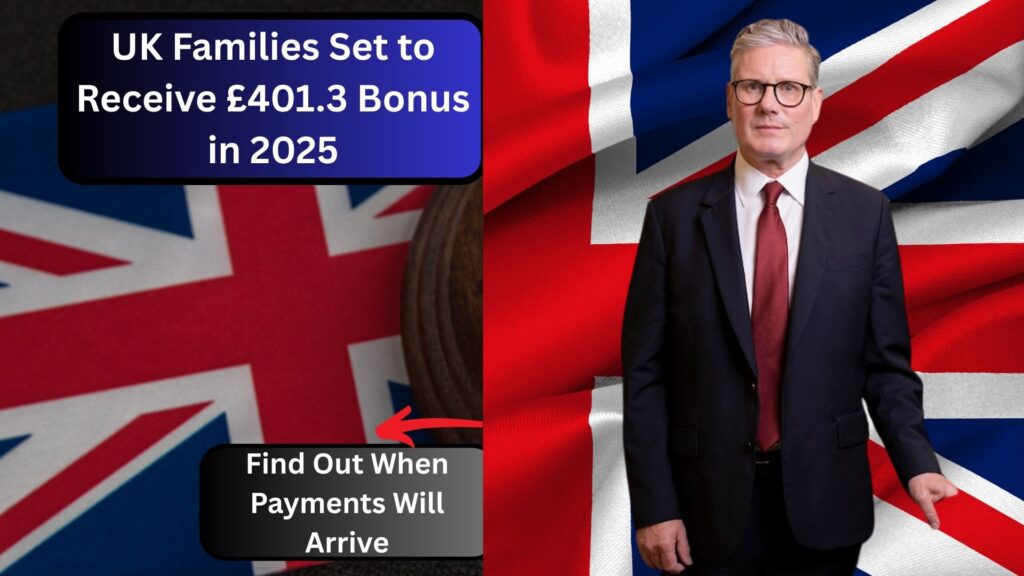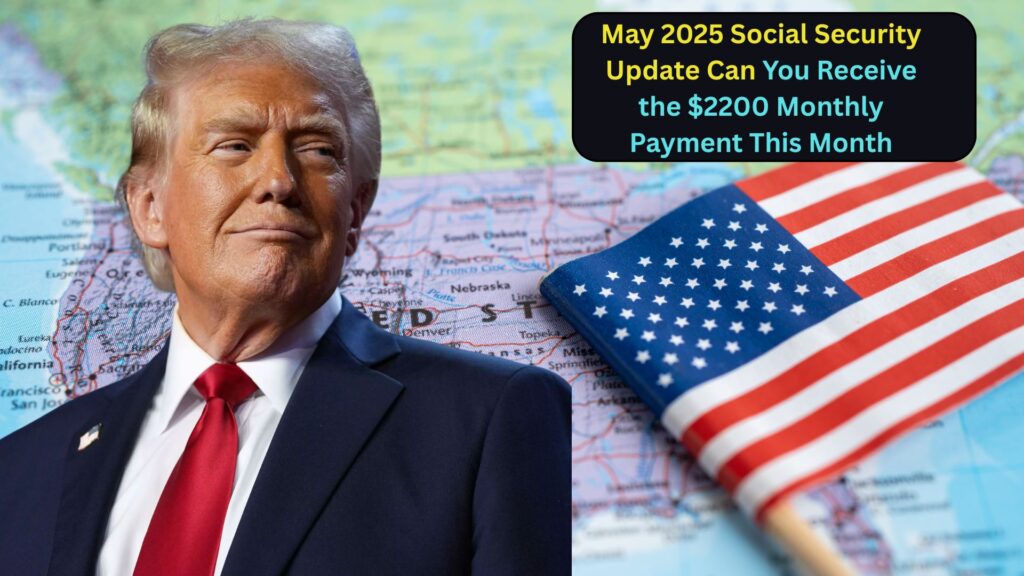In a landmark decision that marks the culmination of nearly a decade of legal battles, the UK’s Competition Appeal Tribunal (CAT) has officially approved a £200.3 million settlement against Mastercard. This historic ruling opens the door for millions of UK consumers to receive compensation for excessive card fees charged between 1992 and 2008. If you lived in the UK during this period, you might be entitled to a share of this substantial payout. Here’s everything you need to know about this groundbreaking case, who qualifies, and how to claim your rightful compensation.
Table of Contents
The David vs. Goliath Battle That Made History

The journey to this momentous settlement began in 2016 when Walter Merricks, the former Chief Financial Services Ombudsman, initiated a class-action lawsuit against Mastercard. Acting on behalf of approximately 46 million UK consumers, Merricks alleged that Mastercard had imposed illegally high interchange fees—the charges retailers pay to card issuers when customers use credit or debit cards for purchases.
These excessive fees, according to the lawsuit, were ultimately passed on to consumers through higher prices for goods and services, affecting virtually everyone who made purchases in the UK between 1992 and 2008. The case followed a 2007 finding by the European Commission that Mastercard’s multilateral interchange fees violated EU competition law.
Initially seeking an eye-watering £14 billion in damages, the case faced numerous legal hurdles and procedural challenges. After years of appeals that reached as high as the UK Supreme Court, the battle finally concluded with Mastercard agreeing to settle for £200.3 million in December 2024—without admitting any liability.
On February 24, 2025, the Competition Appeal Tribunal officially approved the settlement, declaring it “just and reasonable” despite objections from the litigation funder who argued the amount was insufficient compared to the original claim.
Do You Qualify for Compensation?
The beauty of this collective action lies in its inclusivity. Unlike many class-action settlements that require documented proof of purchase or specific evidence of harm, the eligibility criteria for this payout are refreshingly straightforward:
- Residency Requirement: You must have lived in the UK for some period between 1992 and 2008.
- Purchase History: You must have purchased goods or services from UK businesses that accepted Mastercard during this period.
- No Card Ownership Necessary: Crucially, you do not need to have owned or used a Mastercard yourself. Since the claim argues that all UK consumers paid higher prices due to Mastercard’s practices, eligibility extends to anyone who made purchases during the relevant period, regardless of payment method.
The inclusive nature of these criteria means that an estimated 46 million current UK residents potentially qualify for compensation. Even the estates of eligible individuals who have passed away since the claim was filed may be entitled to receive payment, as the CAT confirmed in a 2022 ruling.
What Can You Expect to Receive?
While £200.3 million sounds like an impressive sum, the individual payouts will be modest given the vast number of eligible claimants. If all potential claimants come forward, individual compensation could be less than £10 per person. However, if fewer people submit claims, those who do could receive up to £50 or possibly more.
The settlement fund will be distributed as follows:
- Approximately £100 million will go directly to consumers who submit valid claims
- Around £18 million will cover legal fees for the team representing consumers
- A significant portion will go to Innsworth Advisors, the litigation funder that financially backed the case
- Any unclaimed funds may be directed to relevant consumer charities
It’s worth noting that the settlement amount has generated some controversy. The litigation funder attempted to block the settlement, arguing it was grossly inadequate compared to the original £14 billion claim. However, the tribunal rejected these objections, emphasizing that continued litigation could have resulted in consumers receiving nothing at all.
How and When to Claim Your Share
The claims process has not yet opened, but preparations are underway to make it as accessible as possible. Here’s what we know about the forthcoming claims procedure:
- Official Registration: A dedicated claims website will be established following the formal issuance of the collective settlement approval order, expected in March 2025.
- Simple Application Process: The claim form is expected to be straightforward, requiring basic personal details to verify eligibility without demanding complex documentation.
- Documentation Requirements: No receipts or credit card records will be needed. You’ll likely only need to confirm your address history and identity.
- Claims Window: Once launched, the claim period will likely remain open for 6-12 months, giving eligible consumers ample time to submit their applications.
- Payment Methods: Compensation will be distributed via bank transfers, PayPal, or other electronic payment methods once all claims are processed and verified.
To stay informed about when and how to submit your claim, the best approach is to register for updates on the official Mastercard Consumer Claim website. The site will provide official notifications when the claims portal opens and guide you through the submission process.
Beyond the Money: The Broader Impact
While individual payouts may be modest, the significance of this case extends far beyond the financial compensation. This settlement represents a watershed moment in UK consumer law for several compelling reasons:
Setting a Powerful Legal Precedent
As one of the first major collective actions brought under the Consumer Rights Act 2015, this case establishes a crucial precedent for future class-action lawsuits in the UK. Before this legislation, UK consumers had limited options for collective legal recourse against powerful corporations. The successful outcome demonstrates that the collective action mechanism can deliver meaningful results, opening the door for similar cases across various sectors.
Corporate Accountability
The settlement sends a clear message to large corporations that anti-competitive practices and excessive fees won’t go unchallenged. Even though Mastercard settled without admitting liability, the financial consequence and reputational impact serve as powerful deterrents against similar practices in the future. Financial institutions and payment processors are now on notice that their fee structures face greater scrutiny.
Consumer Empowerment
Perhaps most importantly, this case represents a significant shift in power dynamics between everyday consumers and multinational corporations. It demonstrates that when consumers unite, they can successfully challenge even the most formidable corporate entities. This collective victory may inspire greater consumer activism and awareness around hidden fees and charges across industries.
Reshaping the Financial Services Landscape
The ripple effects of this settlement are likely to influence how payment processors and financial institutions structure their fees moving forward. Companies may adopt more transparent pricing models to avoid similar legal challenges. This could ultimately lead to fairer pricing for consumers and businesses alike.
Looking Ahead: The Future of Collective Actions
The Mastercard settlement, while historic, also highlights some of the challenges inherent in the collective action system. The stark contrast between the initial £14 billion claim and the eventual £200.3 million settlement has sparked debate about whether the current legal framework adequately protects consumer interests.
Critics point to the significant portion of the settlement going to lawyers and litigation funders, questioning whether the system truly delivers justice for consumers. Supporters counter that without litigation funding, these complex and costly cases would never get off the ground, leaving corporate misconduct unchallenged.
What’s clear is that this case has thrust collective actions into the spotlight, potentially paving the way for reforms that could strengthen consumer protections. Legal experts predict a surge in similar claims across various industries, including technology, telecommunications, travel, and retail.
How to Stay Informed and Protect Your Rights
As the claims process moves forward, staying informed is crucial to ensuring you don’t miss out on compensation you’re entitled to. Here are some practical steps to take:
- Bookmark the Official Website: Visit the Mastercard Consumer Claim website (www.mastercardconsumerclaim.co.uk) regularly for updates on the claims process.
- Register for Notifications: Sign up for email alerts regarding the opening of the claims portal and important deadlines.
- Verify Your Eligibility: Confirm your UK residency during the 1992-2008 period and be prepared to provide basic information to support your claim.
- Act Promptly: Once the claims process opens, submit your application as soon as possible to avoid any potential issues with deadlines.
- Spread the Word: Many eligible consumers may be unaware of their right to compensation. Share information about the settlement with friends and family who lived in the UK during the relevant period.
The Bigger Picture: Consumer Rights in the Digital Age
This landmark settlement comes at a time when consumer rights in the digital economy face unprecedented challenges. As more of our financial transactions move online, the fees and charges embedded in these systems become increasingly complex and opaque. The Mastercard case serves as a powerful reminder of the importance of vigilance and collective action in protecting consumer interests.
For ordinary citizens, the settlement offers more than just the prospect of modest financial compensation—it provides validation that their economic rights matter and that corporate accountability is possible, even when seeking justice requires extraordinary persistence.
Walter Merricks, who spearheaded this epic legal battle, summarized the significance perfectly: “This settlement marks a victory not just for the millions of consumers I represent, but for the principle that corporations must be held accountable when their actions harm the public. While I had hoped for a larger recovery, this settlement ensures that consumers will receive meaningful compensation after years of waiting.”
A Victory Worth Celebrating
The £200.3 million Mastercard settlement represents a pivotal moment in UK consumer protection history. While the individual payouts may be small, the collective impact is enormous, establishing vital legal precedents and demonstrating the power of collective action.
If you lived in the UK between 1992 and 2008, don’t miss your opportunity to claim your share of this historic settlement. Not only will you receive financial compensation, however modest, but you’ll also be participating in a watershed moment for consumer rights in the UK.
The road to this settlement was long and fraught with obstacles, but the outcome provides a blueprint for future collective actions. For millions of UK consumers, this case proves that David can indeed challenge Goliath—and sometimes, win.
Stay vigilant, stay informed, and make sure you claim what’s rightfully yours when the time comes. After all, this victory belongs to every UK consumer who paid the price of unfair practices and now deserves their share of justice.
Also Read –










